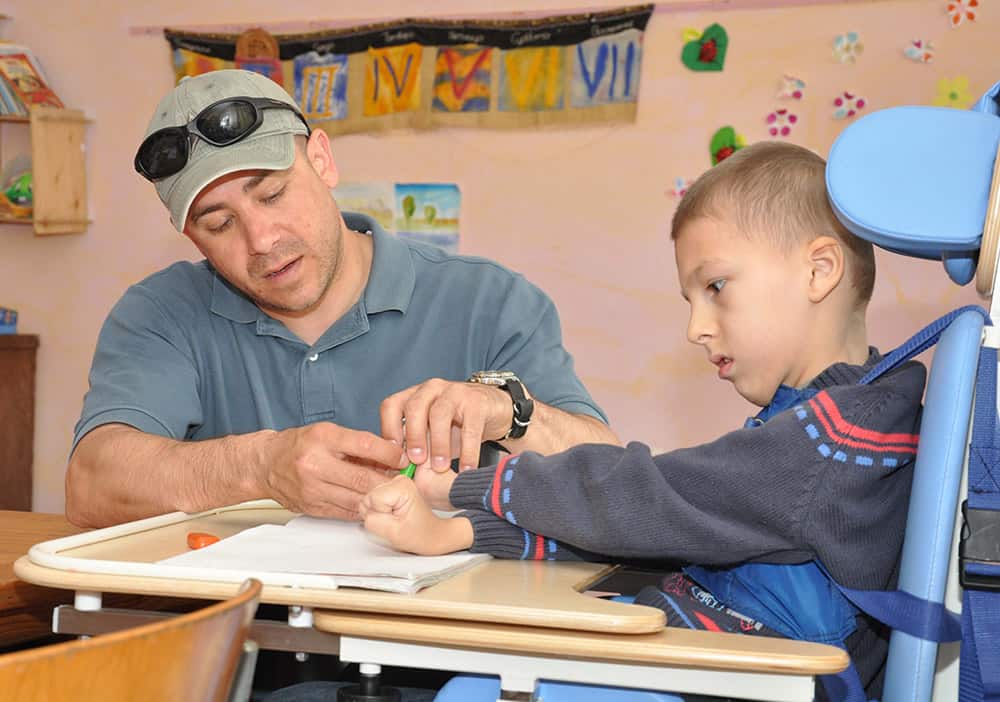“Ground-breaking” assistive technology to be trialled in the classroom to support children with SEND

Announced by the Department for Education (DfE), pioneering assistive technology is going to be trialled in up to 100 schools and colleges across England to support children with special educational needs and disabilities (SEND).
In the first-of-its-kind programme in the world, it is hoped that the new technology will help unlock the potential of every child.
Solutions will include ‘text-to-speech’ and ‘speech recognition’ software, which can help pupils with dyslexia improve their reading and proof-reading. Other trials include the use of eye-gaze technology, which can help pupils with severe motor impairments to communicate, helping to level the playing field for children with additional needs.
The trials of the assistive technology will be funded by an initial investment of £300,000, as part of a wider investment of £10 million through the DfE’s EdTech Strategy, which aims to transform the use of technology in education to support innovation and raise the bar in schools, colleges and universities across England.
It is also expected that the new technology will: reduce teachers’ marking workload, highlight how AI can support the effective delivery of online learning and training for adults, and showcase how apps can contribute to improved literacy and communication skills amongst disadvantaged children.
Chief Executive of Nasen Professor Adam Boddison said: “Assistive technology is increasingly being used by schools to ensure that pupils with SEND have full access to the curriculum offer.
“This programme will play an important role in providing a reliable evidence base for schools so they can be as effective as possible in their use of assistive technology.”
The pilots will run from April 2020 until the end of the 2020-21 academic year and will assess the impact of different types of assistive technology for pupils with SEND, informing best practice on the tools which most help pupils in the classroom.

